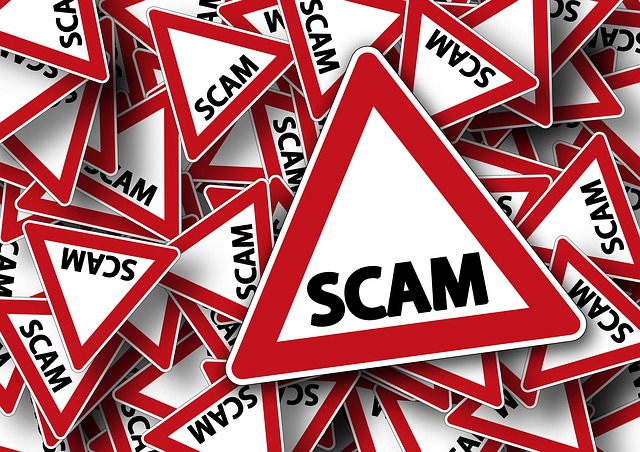
The Board’s (Almost Mandatory) Role in Form 990 Preparation
07.24.2024 | Linda J. Rosenthal, JD

Back in 2015, the Federal Trade Commission and all 50 state attorneys general joined in a coordinated lawsuit to take down a group of four sham charities and the people running them.
These scam artists collected some $187 million over a four-year-period from unsuspecting donors around the U.S. who thought they were giving money to help cancer patients. Instead, the “overwhelming majority of” the money was spent on these fraudsters and their families and friends.
A year later, judgment was entered against them. All court documents are available here on the California Attorney General’s website as well as on the websites of the other attorneys general.
It was a huge victory that underscores the growing role of these state law-enforcement offices as key watchdogs of the nation’s charity rules and regulations. For a number of reasons, the role of the Internal Revenue Service in charity oversight has been declining over recent years.
Now, again, the state attorneys general are banding together to target another major source of charity fraud; that is, bogus solicitations purporting to aid veterans.
“This initiative reflects a new enforcement model, reported on in the summer 2016 edition of Nonprofit Quarterly, that relies on state charity offices, sometimes in league with the FTC, coordinating action—even across state lines—at a scale capable of taking down the malefactors running charity scams or providing telemarketing services to those that do.”
A common feature of these major frauds is that they typically target donors who want to support “a highly sympathetic population, whether it’s cancer patients or first responders,” veterans or animals. Generally, though, there is little or nothing given to these beneficiaries.
On July 20, 2018, what “may be the biggest US coordinated enforcement of charity standards ever,” was announced by the Federal Trade Commission (FTC), the National Association of State Charity Officials (NASCO), and law enforcement officials and charity regulators from 70 agencies in every state, the District of Columbia, American Samoa, Guam, and Puerto Rico. They have taken or will “take more than 100 legal actions against 85 fraudulent organizations promising to help veterans and service members.”
These phony groups generally operate by using telemarketers to solicit donations from the general public and then use turn around and put most of the proceeds back into fundraising for more money as well as for salaries of the organizers. “At the end, in too many cases, little to nothing is left for veterans.” There are “many variations on this theme.” In this new initiative, there is a 36-page list in which details of the enforcement actions are described. For instance, California lists 11; Georgia lists seven.
The targets of this law enforcement effort will be “nonprofits … and private fundraisers which fraudulently seek donations online and through telemarketing, direct mail, and personal contact, whether door-to-door or at retail stores.” Typically, the fraudsters’ solicitations “falsely promise to help homeless and disabled veterans; to provide veterans with employment counseling, mental health counseling, or other assistance; and to send care packages to deployed military personnel.” Some have used “deceptive prize solicitations.”
A group called Help the Vets told prospective donors that contributions would help veterans with “grants, medical care, suicide prevention programs, and therapeutic retreats.” It was a highly successful campaign, bringing in over $20 million. But there were no such programs, and these huge sums went to the founder and to paid fundraisers, according to allegations by the FTC.
A similar example is a group of “related organizations including Veterans of America, Vehicles for Veterans, Saving our Soldiers, Act of Valor and Medal of Honor” all of which were run by one Travis Deloy Peterson of Utah. “According to a government complaint, Peterson used robocalls to encourage individuals to donate their cars, boats, real estate, and timeshares, which Peterson sold at auction. Although Peterson’s robocalls assured donors that their gifts were tax-deductible, none of Peterson’s companies were tax-exempt nonprofits.”
According to Peter O’Rourke, acting secretary for the U.S. Department of Veterans Affairs, “the real tragedy of these bogus veterans’ groups is they not only steal donor’s money, they steal their trust”; they also “discourage contributors from donating to real veterans’ charities.”
The FTC has launched a consumer education initiative called Operation Donate with Honor (including this video).
— Linda J. Rosenthal, J.D., FPLG Information & Research Director
